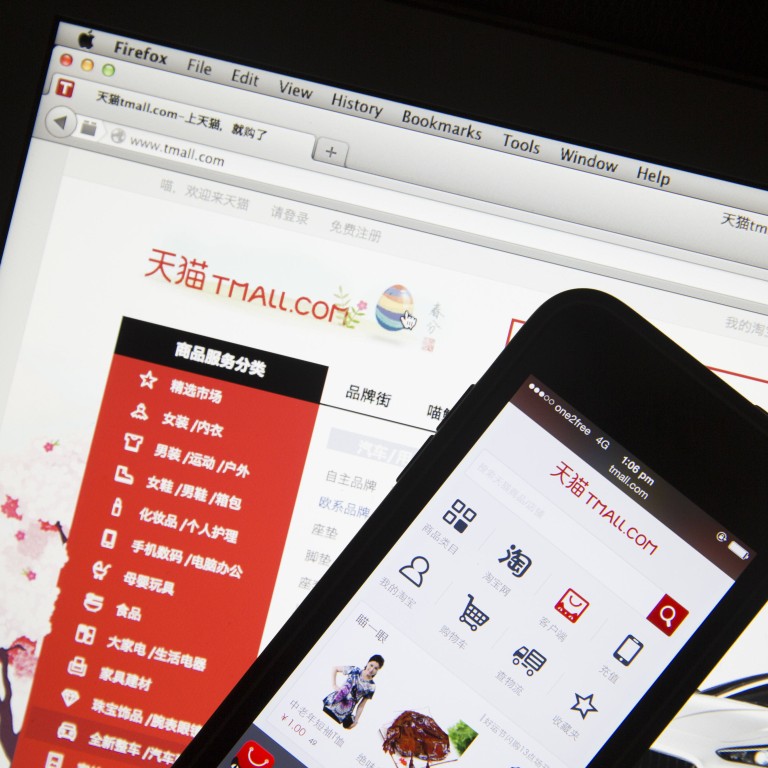
Rare case of a firm that fights back
On the mainland, private companies usually avoid challenging the government. But Alibaba, which Premier Li Keqiang has repeatedly voiced support for over the past year, has made an exception to that rule.
On the mainland, private companies usually avoid challenging the government. But Alibaba, which Premier Li Keqiang has repeatedly voiced support for over the past year, has made an exception to that rule.
Its gripe is with a survey released a week ago by a department under the State Administration for Industry and Commerce (SAIC) that found less than 40 per cent of products from the website met retail standards.
Taobao hit back four days later, questioning the sampling methods and test standards. In an open letter published on Taobao's Weibo account, the company complained that the survey selected only 51 products out of more than one billion on sale.
The letter, addressed to the department head Liu Hongliang, accused Liu of unfairly comparing standard retail sites to Taobao, where goods are sold by millions of individual sellers.
Later that day, the Ministry of Commerce voiced support for Taobao. The ministry's counterfeit goods office emphasised on its website the fast growth in e-commerce, and its contribution to creating jobs and stimulating consumption.
It said solving the issue of substandard goods "requires the joint efforts of the government, enterprises, consumers and all sections of the community".
The SAIC refused to take this lying down. Yesterday morning, it released a report centred on Alibaba and published in , accusing it of being "arrogant" and "narcissistic".
The SAIC said the company had five major problems, including loose control of retailers and poor scrutiny of products.
It based this report on its meeting in July with industry watchdogs in Zhejiang , where Alibaba is based, and Alibaba's management.
Taobao responded again, saying it had set up a 300-person team to fight counterfeit goods. Calling fake goods "a killer for all corporations" and a "social issue", Alibaba president Jack Ma Yun said: "We cannot rely on a single company, a single platform to solve a social problem."

